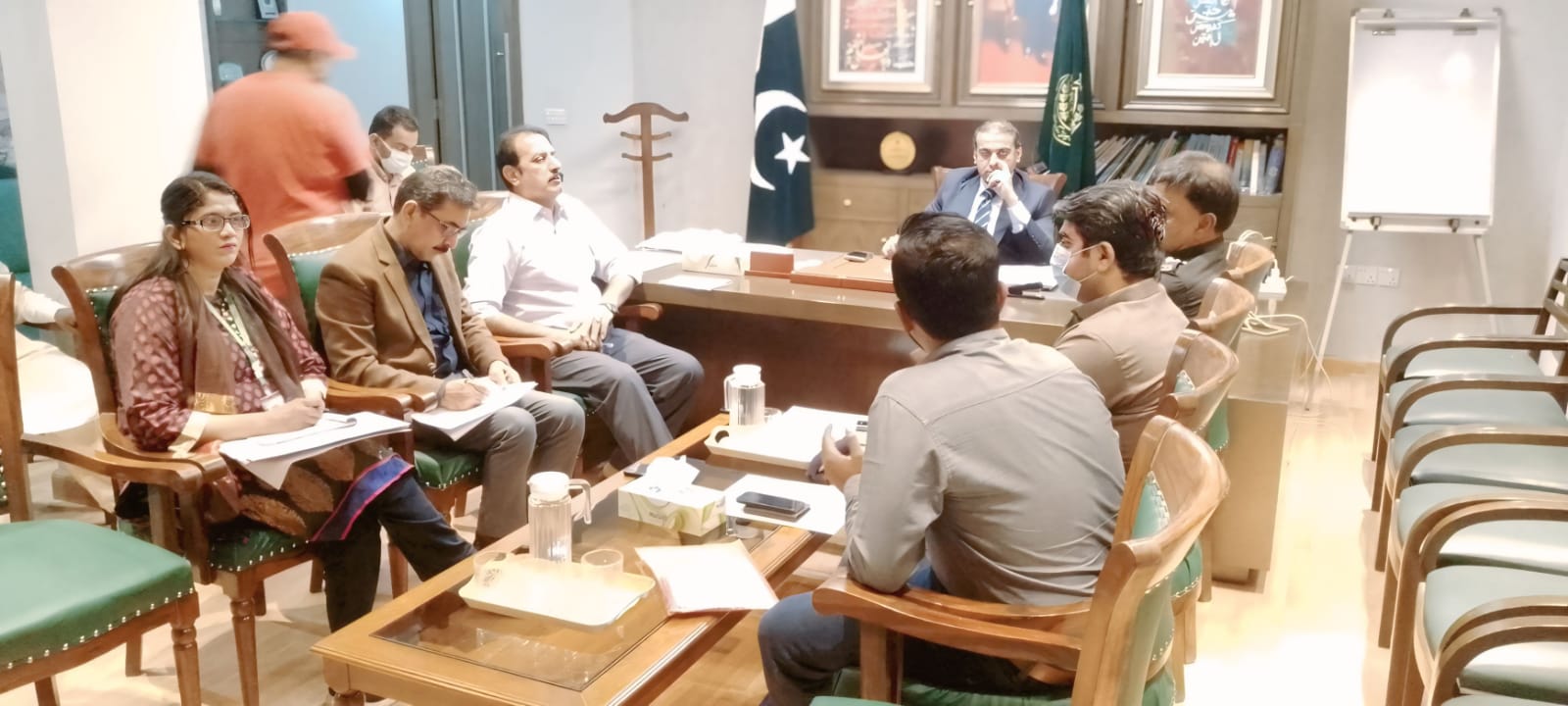(By Nazia Naz International researcher on human Rights and defender)
Human rights defenders in Pakistan play a critical role in promoting justice, equality, and protection for the most vulnerable communities. These frontline defenders work fearlessly to raise voices against child marriage, bonded labor, minority persecution, gender-based violence, and unlawful detentions. Despite their dedication, they face a range of serious challenges that hinder their work and threaten their safety.
One of the major challenges is security threats. Many defenders are targeted, harassed, or even attacked for exposing corruption, injustice, and human rights violations. Women human rights defenders face double discrimination—both for their gender and their activism. They are often subjected to character assassination, defamation, and online abuse. These threats create an atmosphere of fear and isolation, discouraging many from continuing their work.Another key challenge is the lack of institutional support and coordination. While Pakistan has human rights commissions and laws, implementation remains weak. Frontline defenders often struggle to get official cooperation or protection from law enforcement agencies. In many cases, instead of being supported, they are viewed with suspicion or hostility for highlighting the state’s shortcomings.
Legal barriers also pose a significant obstacle. Defenders working on sensitive issues such as blasphemy, enforced disappearances, or minority rights often face false charges or prolonged legal harassment. The absence of strong witness protection and the misuse of defamation laws make it even harder for them to continue their advocacy safely.
Moreover, limited funding and lack of resources restrict the impact of their work. Many defenders operate independently or with small community-based organizations that lack proper training, legal aid, or psychosocial support. This makes it difficult to sustain long-term campaigns or provide consistent assistance to victims.Despite these challenges, Pakistan’s frontline defenders remain resilient. They continue to document violations, advocate for justice, and support survivors of abuse. Their courage represents hope for a fairer and more inclusive society.
To strengthen their role, the government and civil society must ensure legal protection, safety mechanisms, and recognition for human rights work. International organizations should also expand partnerships and provide financial and moral support. Protecting defenders is not only a moral duty but a crucial step toward building a peaceful, democratic Pakistan based on respect for human rights and human dignity.



